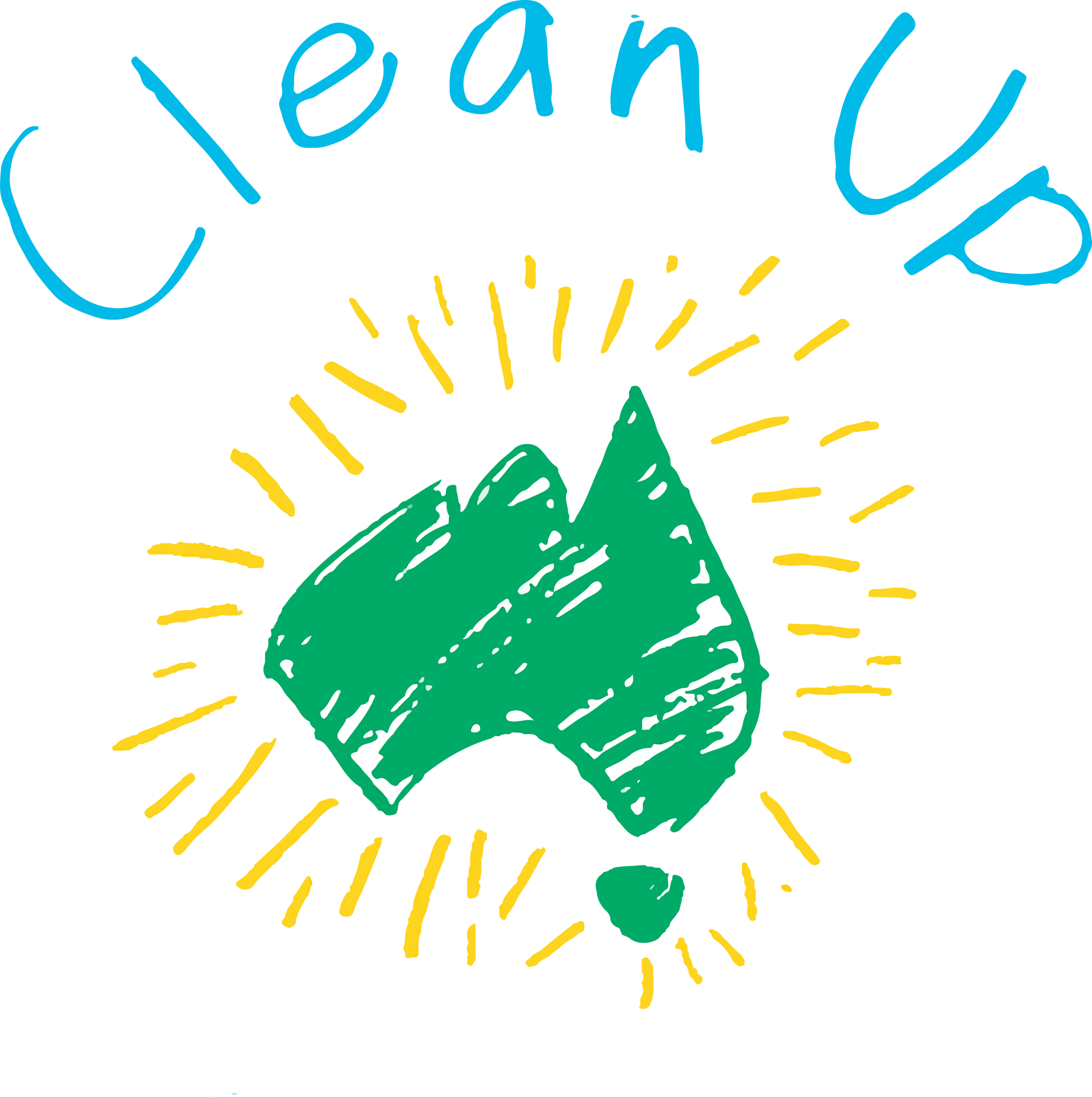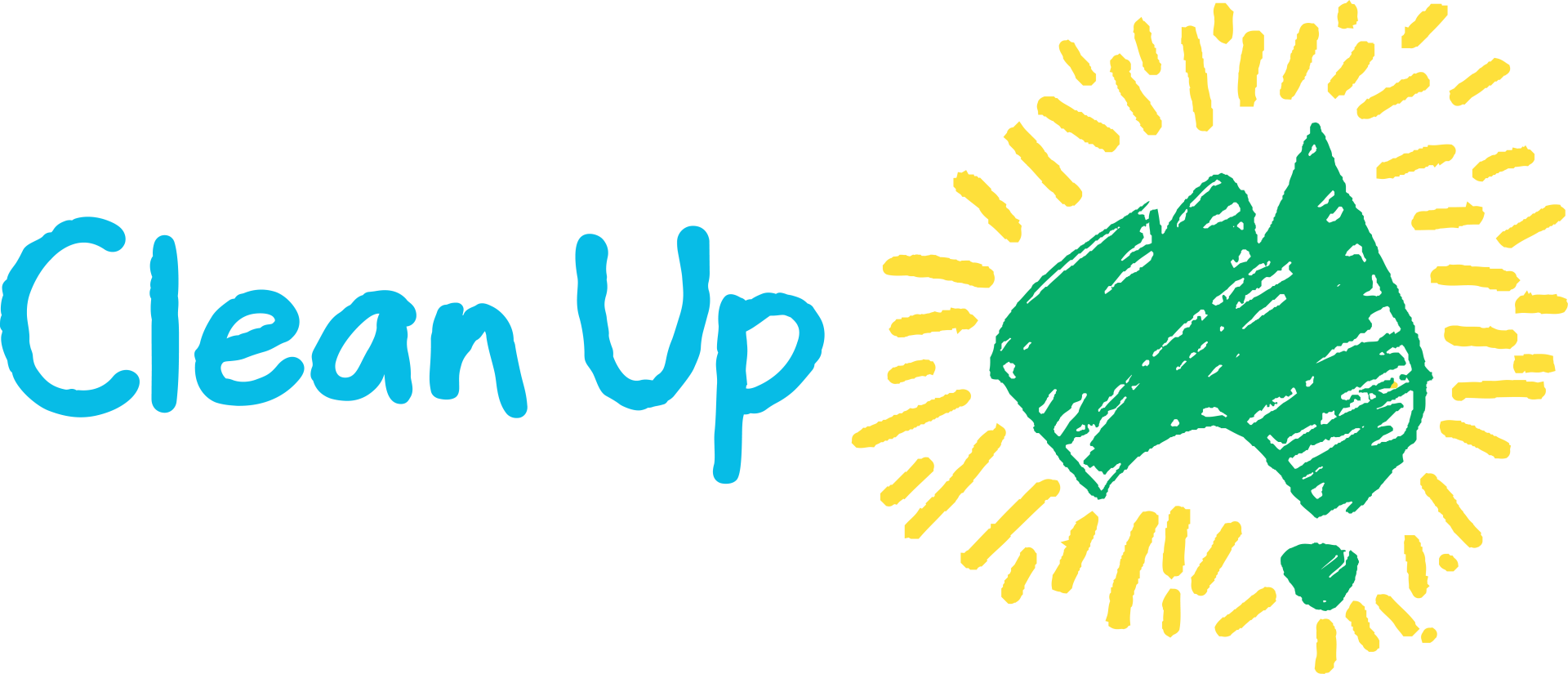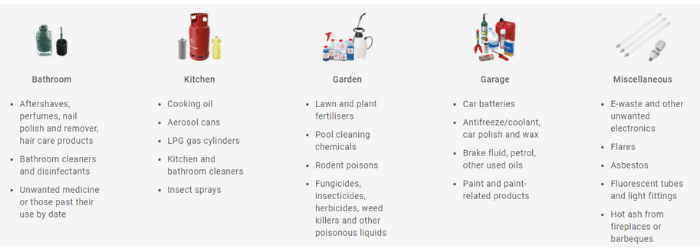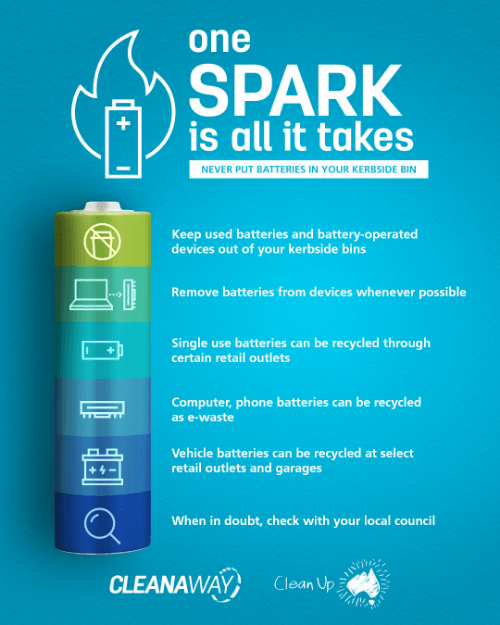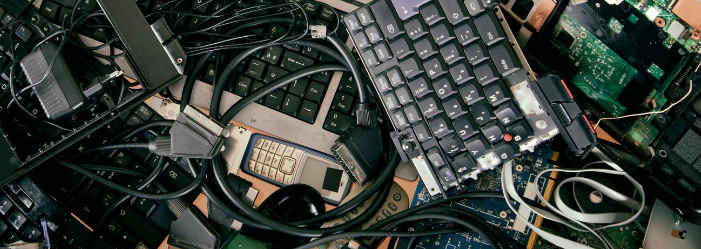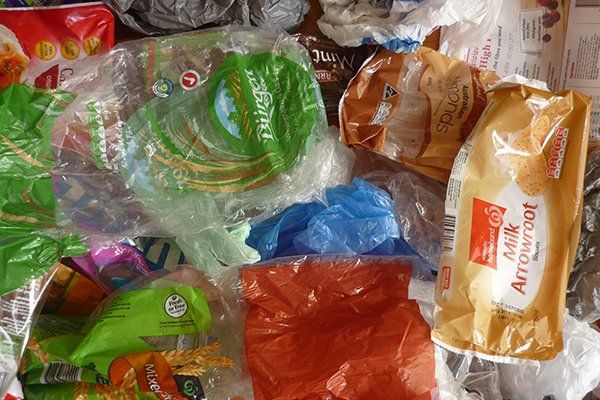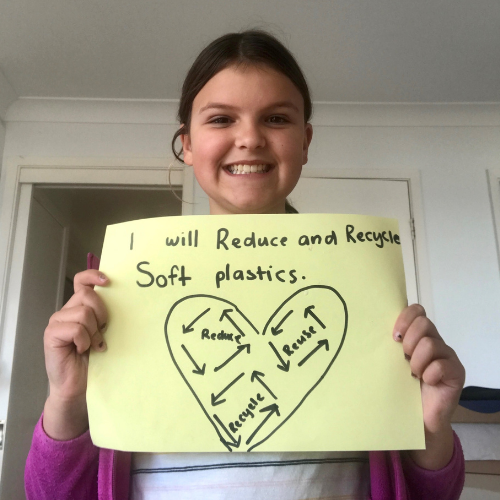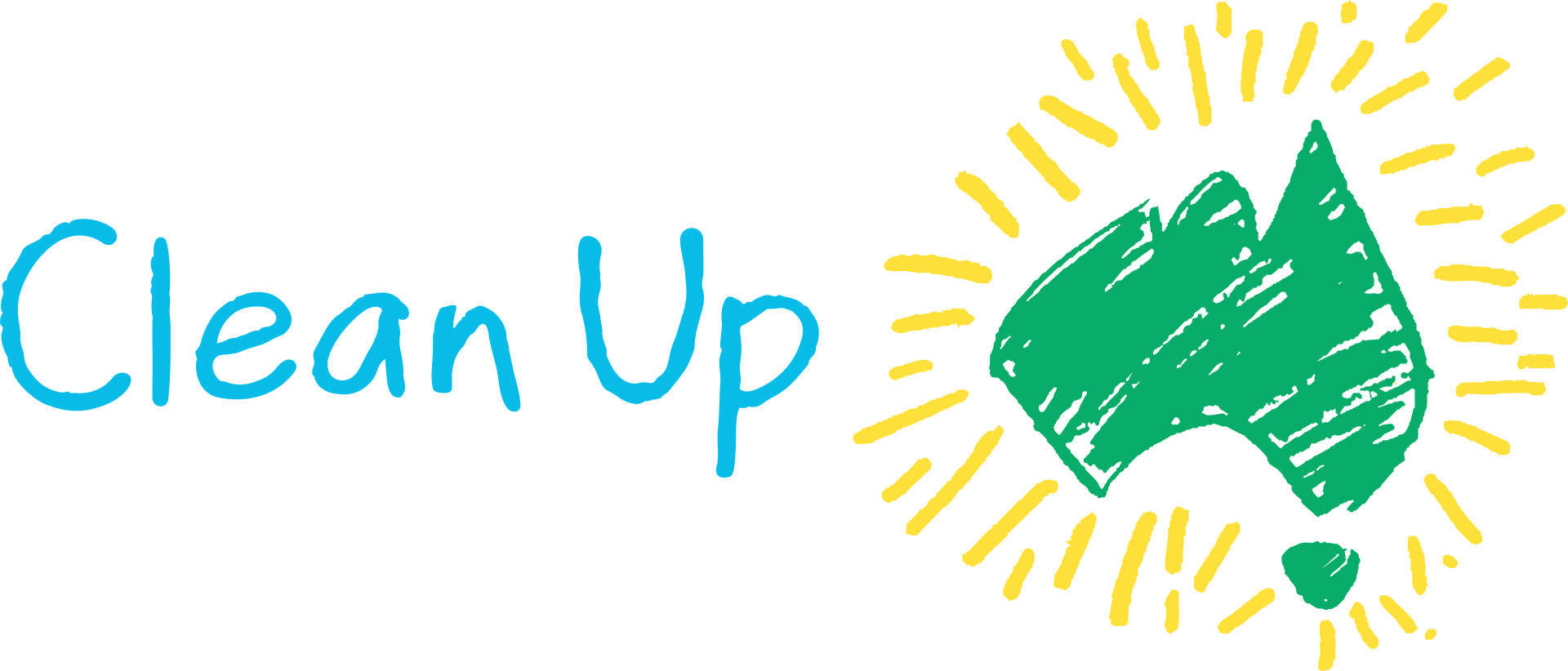Don’t fuel the fire
Keep hazardous waste out of your bins
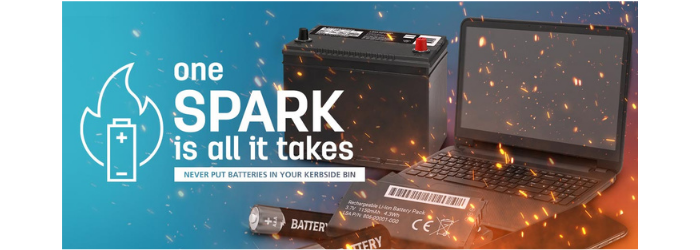
So be careful with:
Batteries
When batteries are not properly disposed of, the casing disintegrates and the toxic chemicals inside leach into the surrounding environment. This toxic material can contaminate the soil and groundwater affecting the health of humans, wildlife and the environment.
Chemicals
Household hazardous chemicals such as chlorine and bleach are highly flammable, corrosive, or explosive and should never be thrown into just any bin.
E-waste
Chemicals in e-waste such as mercury, cadmium, lithium and lead are a safety hazard to people, animals and the environment. In addition to contaminating soil, these toxic materials can pollute the air and leach into waterways.waste such as mercury, cadmium, lithium and lead are a safety hazard to people, animals and the environment. In addition to contaminating soil, these toxic materials can pollute the air and leach into waterways.
Flares
Most flares have a use-by date of three years and must be replaced before the expiry date. Damaged or expired flares are a fire hazard if not stored or disposed of correctly.
Paint
Paint is considered hazardous due to its flammability. When disposed of incorrectly, it exposes people and animals to risk of injury in a fire and cause skin, lung and eye problems through the paint fumes. If the paint contains lead, it increases the risk of lead poisoning if ingested.
How do you dispose of household hazardous waste?
Many councils across Australia regularly organise free household hazardous waste drop off events in addition to permanent drop off sites at community recycling centres and selected resource recovery facilities. Check with your local council on the availability of local drop-off events, permanent disposal sites, and national or state collection programs.
Typically, each container of material dropped off should not exceed 20kgs or litres. Any more would require a dedicated chemical collection and disposal service. Businesses should also contact a hazardous waste disposal service directly.
In view of the current public health situation, some household chemical disposal services across Australia may be affected. Check with your local councils by calling them or looking up information online to find out the latest household waste disposal guidelines. If you’re unable to immediately dispose of household chemicals, make sure you safely store them until you can.
National collection programs
Paintback
Collects your unwanted paint and packaging to be treated or recycled, not sent to landfill.
Techcollect
TechCollect operates under the National Television and Computer Recycling Scheme (NTCRS), and helps you recycle unwanted e-waste safely and responsibly.
DrumMuster and ChemClear DrumMUSTER is the national program provides chemical users with a defined route to safely dispose of used chemical containers.
MobileMuster
MobileMuster accepts all brands and types of mobile phones, plus their batteries, chargers and accessories.
Fluorocycle
Drop off your mercury-containing waste lamps here to be safely recycled and recovered.
How does Cleanaway support hazardous waste disposal?
Cleanaway partners with local councils to collect and dispose of unwanted chemicals at our facilities and through mobile drop off events. Their service includes EPA-compliant transportation, processing, recycling and disposal technologies.
If you are a business, farm or have large volumes of hazardous waste, please contact 13 13 39 to learn more about hazardous waste disposal services.
Our growing e-waste problem
Learn MoreRecycling soft plastics is not hard
Read MoreShare your Pledge
Learn HowSearch for other blog topics:
